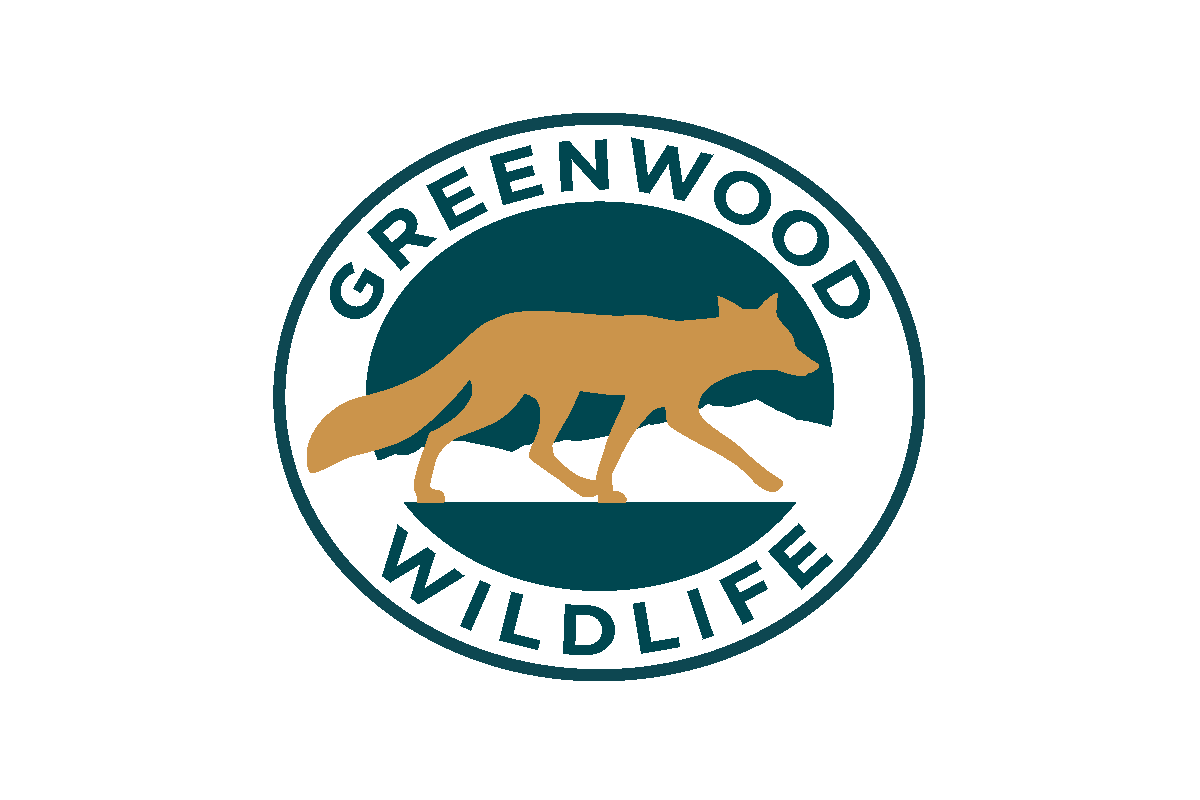Healthy Birds
Bird feeder care is critical in preventing disease among species that typically use feeders, like finches. Unclean feeders and matted ground food areas can lead to the spread of disease among birds and, ultimately, death. Sick birds can appear fluffed and less alert. This can be prevented by following advice given in this brochure. Help keep the backyard birds we love to watch healthy by keeping your feeders clean and safe!
Care Tips
Give Adequate Space While we want to see the birds at our feeder from the window, feeders that are too close can cause birds to crash into windows because of the reflection. Place feeders at least 3 feet away from windows and use stickers or window paint to prevent bird strikes.
Provide Safe Feeders No sharp points or edges—cuts on birds can allow bacteria to enter otherwise healthy birds. Place feeders in open areas away from predator hiding places.
Use Good Food Discard food that is wet, musty, looks moldy or has fungus-type growth. Disinfect storage. Keep rodents out of stored food by using a sealable container. Mice can carry and spread bird diseases without themselves being affected.
Keep Feeders And Bird Baths Clean Wash and disinfect regularly. Good practice is to clean the feeder every two weeks. Use one part household bleach in 30 parts water to disinfect. Never put the bird feeder in the dish washer . Immerse empty scrubbed feeder for 2–3 minutes weekly. Scrub ports and perches or tube feeders. Clean hummingbird feeders with mild vinegar solution every two days. Scrub the bottle with a brush and clean the feeding tube with a pipe cleaner. Rinse all feeders well with hot water. Air or sun dry and make sure to wash your hand s thoroughly after!
Prevent predation If a hawk appears at your feeder, take it down for a few days. The hawk will look for food elsewhere. If your neighborhood has several outdoor cats, reconsider placing a feeder in your backyard. Attracting birds to a spot with many predators can be a death trap.
Prevent Pests Do not spray insecticides near feeders. Instead, clean it regularly and store all seed and other foods in sealable containers. When it comes to squirrels, use “squirrel baffles” like bird feeder poles and plastic disk baffles. Never grease or oil on the pole or perch.
Clean Waste Feeder area should be free of waste food, hulls and droppings (in feeder and below on the ground). A broom, shovel or dust pan will work, but a garage-vac will clean more thoroughly. You can also move the feeder around the yard to prevent a build up of waste.
Act Early Prevention is the best policy – don’t wait to see dying or dead birds in your yard. If you do, take down feeders, follow all procedures in this brochure and stop feeding for 2-3 weeks. Act immediately!
Tell Your Neighbors Share this information with neighbors. Birds normally move between feeders and may spread diseases as they go. An informed bird feeding public will help our feathered friends stay safe.

